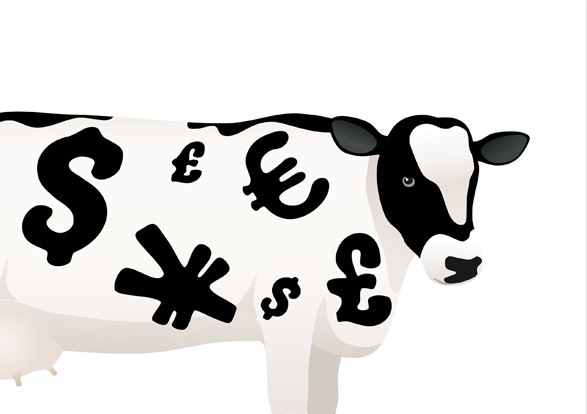OTTAWA – A hike in passport fees has turned out to be a cash cow for the federal government, but Canadians won’t be getting any cash back as a result.
Recently released figures show Canadians paid $462.5 million in passport fees last year, but it cost the government only $256.5 million to produce the necessary documents.
The way Passport Canada’s funds are managed allows it to simply bank the rest, Citizenship and Immigration spokesperson Nancy Caron said in an email.
“We are not forecasting any change to passport fees to cover revolving fund requirements at this time,” Caron said.
The cost for a five-year passport increased to $120 from $87 last year, while a new 10-year passport was introduced at a cost of $160.
Approximately 4.9 million passports were issued in 2013-2014, which government records suggest is down slightly from the year before.
In 2012-2013, passport fees on 5.1 million passports brought in $312.5 million at a cost of $333.5 million to the government.
When the fee increases were introduced, Passport Canada said they were essential.
“At a time when Canadians are increasingly concerned about identity fraud, Passport Canada is quickly reaching a point where not only will new advancements be impossible, but the organization’s ability to maintain current operations will be jeopardized,” the agency said when it outlined the new fee structure.
The agency said the new fees allow it to be self-sustaining for the next 10 years, given that the 10-year passport means fewer yearly renewals and in turn fewer fee payments.
For every $160 spent on a 10-year passport, about $94 covers the cost of the passport itself, according to a breakdown provided by the Citizenship and Immigration Department, which manages the program.
The rest goes to the department.
With passports now a necessary document for any Canadian to leave the country, it’s duplicitous of the government to hike fees when they cover far more than the cost of the document itself, said the NDP’s foreign affairs critic Paul Dewar.
“It’s a way in which the Conservatives can grab money and pretend that’s not anything other than a tax on people travelling and doing business abroad,” he said.
The government is required to disclose each year how much they collect in user fees versus how much the service costs.
The figures from 2013-2014 show that while taxpayers pay more than it costs to receive passports, those immigrating to Canada actually pay far less for their documents, despite a slew of recent fee increases.
For example, it cost the government $393 million to process permanent residency applications in 2013-14, but it only received $137 million in return from applicants.
Those seeking special permission to enter Canada due to prior criminal convictions or other inadmissibility reasons cost the government $6.5 million, but paid only $1.7 million in fees.
Earlier this year, the government did increase the cost of obtaining citizenship to $300 per application from $100, on the grounds that the old price tag barely covered the cost.
But the department’s chart on user fees suggests the costs of the citizenship program overall still far exceed what is recouped in fees.
Kevin Menard, a spokesman for Immigration Minister Chris Alexander, said the government is sensitive to the discrepancy.
“We are moving toward greater cost recovery in other immigration programs, too,” Menard said in an email.
“As for visas, prices are set to ensure that Canada remains competitive with other countries and a destination of choice for visitors, students and business people who contribute to our economy and help create jobs for Canadians.”
